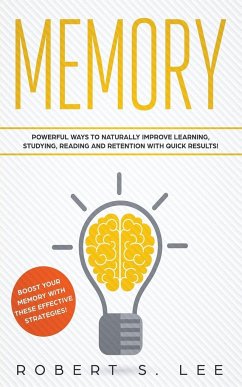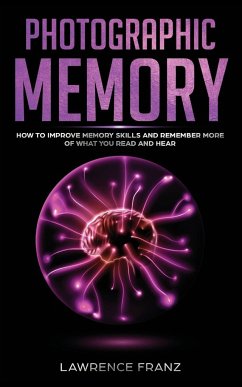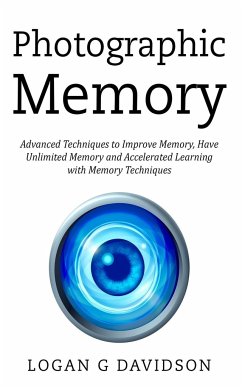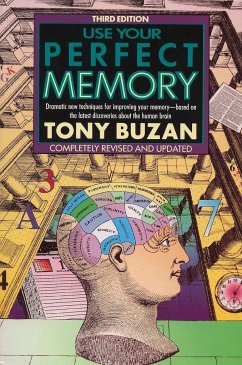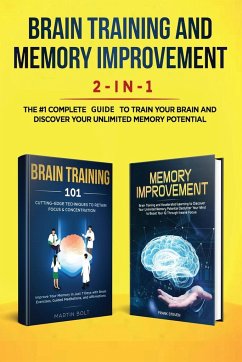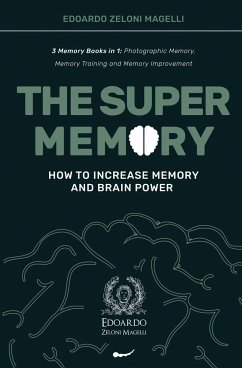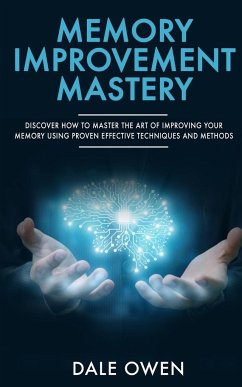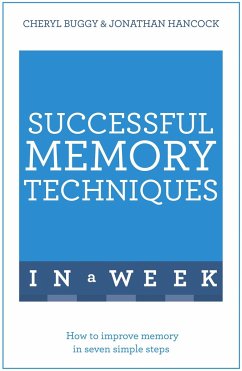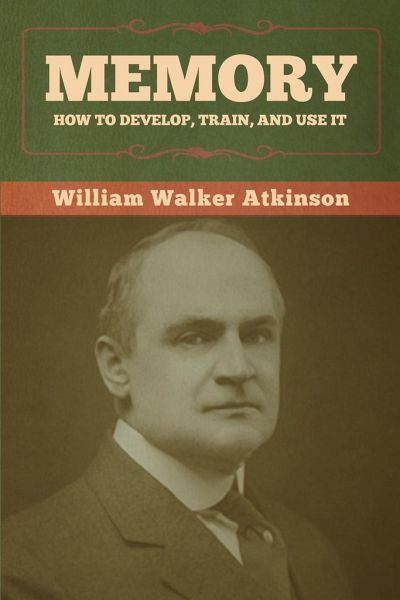
Memory
How to Develop, Train, and Use It
Versandkostenfrei!
Versandfertig in 1-2 Wochen
15,99 €
inkl. MwSt.

PAYBACK Punkte
8 °P sammeln!
Very good, very insightful. The message is very clear: if you want to have a good memory, use it, train it, develop it, give it a job to do. Treat it like a muscle. If you want to get better at memorizing stuff, actually work at memorizing things; don't adopt the newest fads at memorizing. The brain works by association: if you are trying to memorize something you have heard, make a visual association as well, because the more associations you make with something, the higher your chance at remembering it will be. For example: if you want to memorize a poem, read the poem, listen to the poem, a...
Very good, very insightful. The message is very clear: if you want to have a good memory, use it, train it, develop it, give it a job to do. Treat it like a muscle. If you want to get better at memorizing stuff, actually work at memorizing things; don't adopt the newest fads at memorizing. The brain works by association: if you are trying to memorize something you have heard, make a visual association as well, because the more associations you make with something, the higher your chance at remembering it will be. For example: if you want to memorize a poem, read the poem, listen to the poem, and write down the poem. These three associations will help you to remember it easier. Also, work on memorizing things daily, and work on recalling what you have memorized on previous days to ensure that you still remember it (in the example of the poem, memorize one line every day, but exercise the memory of the previous days' lines until you have the whole thing). There is no shortcut; there is only work. The work pays off, though! Don't give up because the work is hard. Try harder, commit more to memory, and don't get frustrated if you struggle with it. In our day and age, when our technology remembers everything for us, this will be a very difficult journey, but the rewards will be worth it. (Anthony Smitha)





